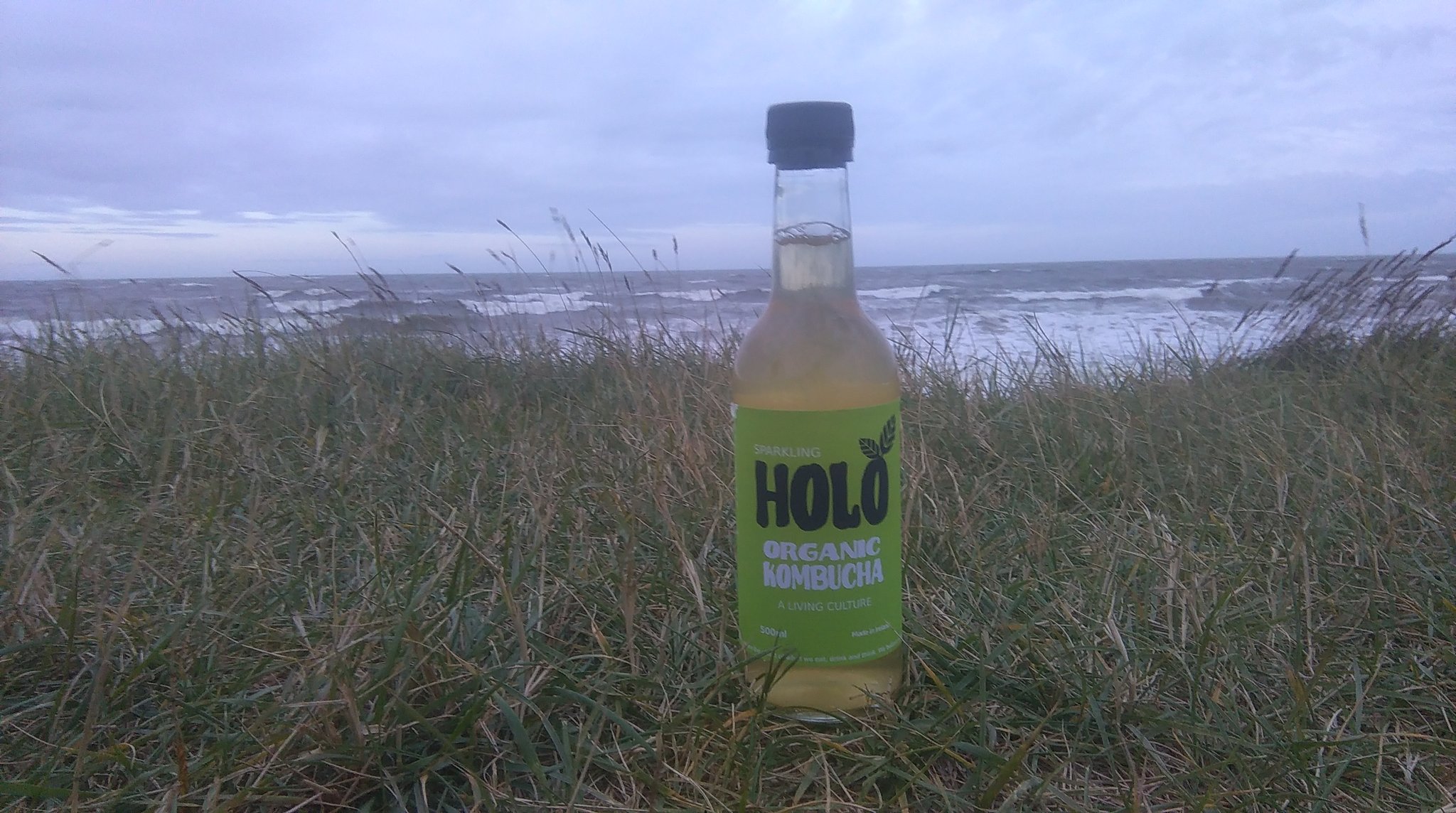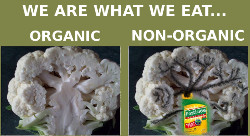Organic is hugely popular – but only in theory! Pretty much everyone agrees that an organic product, as a concept, is better for us, is healthier, more natural and is something that they would like to consume.
The reality of the market suggests otherwise. Organic food composes just 1.5% of the UK market and even in the U.S. it comprises just 5%. In Ireland, that figure is even lower with organic food and drink scraping around 1% of the total food and drink market (see end of article for sources).
It’s a unique situation where even though the concept of organic food is hugely popular, the reality is that when it comes to shopping, consumers choose non-organic products.
There are various reasons we can venture as to why people choose non-organic products compared to organic. Availability, price and short best before dates are all factors for organic products.
Availability is often an issue given that many organic products are only sold within a small radius of the producer. That means stopping at the local petrol station looking for a bottle of organic milk or organic washing up liquid is a long shot. With no preservatives or chemicals, that milk might also have a short shelf life. In addition, the market reality for many producers is that they cannot sell to multi-nationals at price points similar to non-organic products – the more expensive ingredients make it impossible to do so.
Cash is King
By far the biggest obstacle to growing the organic market is price. In today’s economy consumers are acutely aware of the difference in price, not just between organic and non-organic but between own label and premium label products. For a family struggling to make ends meet, the choice of spending more on organic products does not even feature in the decision making even if they would agree that it is by far a healthier decision. The numbers quoted would support that theory.
It is often touted that organic products will become more widespread and cheaper once demand increases. However, the catch 22 is that demand might not increase if the price difference between organic and non-organic remains great.
So how exactly is the organic sector meant to grow if consumers are very price sensitive? It is the proverbial chicken and egg situation – organic producers will lower prices when demand increases but consumers will only increase demand when producers lower prices.
So far, that see-saw act has tipped towards producers waiting for demand to increase prior to lowering prices. A line often thrown around is “that the question is not why organic is more expensive but why is non-organic so cheap” – the answer being it’s loaded with cheap chemicals to prolong life/as a substitute for more expensive ingredients etc.
However, we’re willing to have a crack at it from a different angle. We believe strongly that if you give people the choice of organic vs non-organic produce at the same price, people will chose the organic. It is pretty much a no-brainer. It removes the biggest barrier for consumers when you offer that choice.
Our products are therefore priced pretty much the same as non-organic products and (we hope) that demand will increase to allow us take advantage of economies of scale (e.g. buying bottles and ingredients in bulk) in the future. In a way, it’s a real life test of the theory that with everything equal and given the choice between organic and non-organic that people will choose organic.
Doing this is a small step on our journey to make organic the standard. Organic as a way of life shouldn’t need to break the bank nor be a chore or a special purpose. It should be just part and parcel of the way we live.

